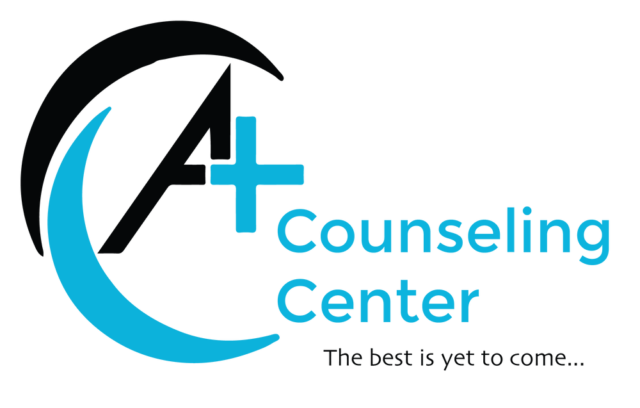
More Mental Health Articles
Holistic Approaches To Mental Health: Bridging Gaps In Care

In the realm of mental health, the significance of a holistic approach cannot be overstated. Traditional models often focus solely on symptom management, overlooking the intricate connections between mental, emotional, and physical well-being. Holistic approaches, however, recognize the interdependence of these aspects, offering a more comprehensive and effective strategy to promote mental health and bridge gaps in care.
Understanding Holistic Mental Health
Holistic mental health emphasizes the interconnectedness of mind, body, and spirit. Rather than isolating mental health as a separate entity, holistic approaches consider lifestyle, nutrition, exercise, and social factors as integral components of overall well-being. By addressing these various facets, individuals can achieve a more balanced and sustainable mental health.
Mind-Body Connection
The mind-body connection is a fundamental principle in holistic mental health. Practices such as mindfulness meditation, yoga, and tai chi help individuals cultivate awareness of their thoughts and sensations, fostering a harmonious relationship between the mind and body. These practices not only alleviate symptoms of anxiety and depression but also enhance overall resilience to stress.
Nutrition and Mental Health
Nutrition plays a crucial role in mental health, influencing mood, cognitive function, and overall well-being. Holistic approaches encourage a balanced diet rich in essential nutrients, emphasizing the importance of omega-3 fatty acids, vitamins, and minerals. Scientific evidence suggests that a nutritious diet positively impacts neurotransmitter function, contributing to improved mental health outcomes.
Exercise As a Mental Health Booster
Regular physical activity is a potent tool for promoting mental health. Exercise releases endorphins, the body’s natural mood lifters, and reduces stress hormones. Holistic mental health practices incorporate diverse forms of exercise, making it accessible and enjoyable for individuals with varying fitness levels. Whether through brisk walks, dance, or team sports, exercise contributes significantly to mental well-being.
Social Support and Community Engagement
Holistic mental health recognizes the significance of social connections in fostering emotional well-being. Building and maintaining strong social networks can provide emotional support, reduce feelings of isolation, and contribute to a sense of belonging. Engaging in community activities and fostering meaningful relationships are integral aspects of holistic approaches to mental health.
In embracing holistic approaches to mental health, individuals can bridge the gaps in traditional care models. By recognizing the interconnectedness of mind, body, and spirit, holistic approaches offer a more comprehensive and personalized strategy for promoting mental well-being. Incorporating mindfulness, nutrition, exercise, and social support into one’s lifestyle can contribute to a more balanced and resilient mental health, ultimately leading to a higher quality of life.
Other Articles You May Find of Interest...
- What is High Functioning Anxiety?
- The Promise of Spravato: Revolutionizing Depression Treatment
- What is OCD? Signs and Treatments
- Mindful Recovery: Incorporating Mental Health in Addiction Treatment
- Affordable Therapy for All: ‘Gonna Be Ok’ Makes Mental Health Support Accessible
- The Challenges of Being an LGBTQ+ Parent
- Embracing Healing: Navigating the Emotional and Physical Journey of Mastectomy Recovery

















